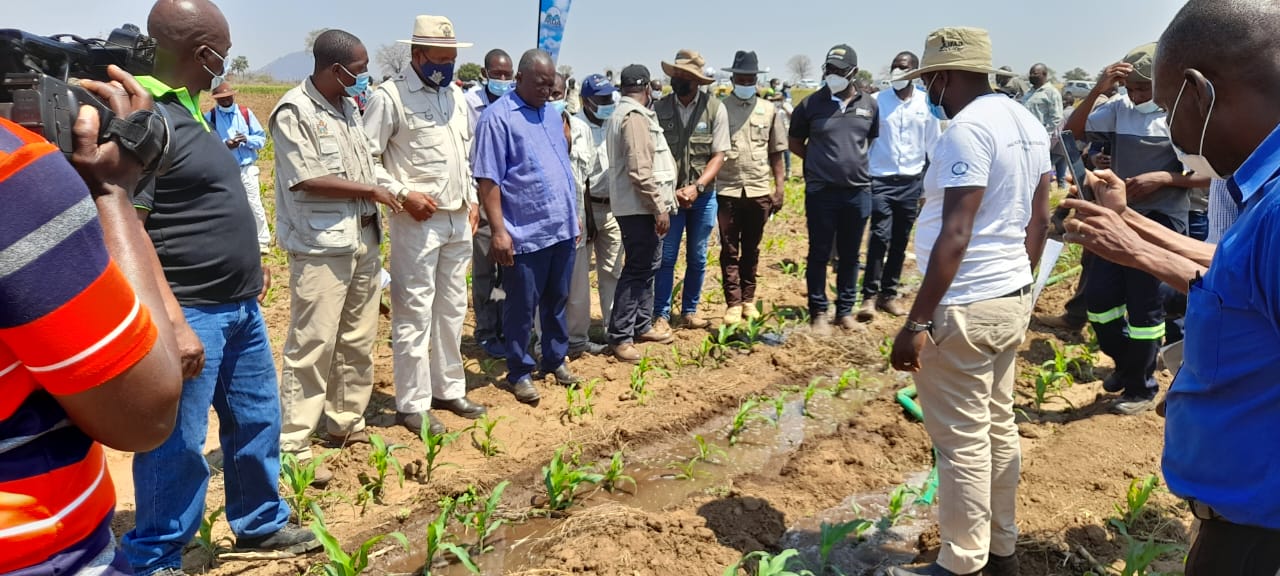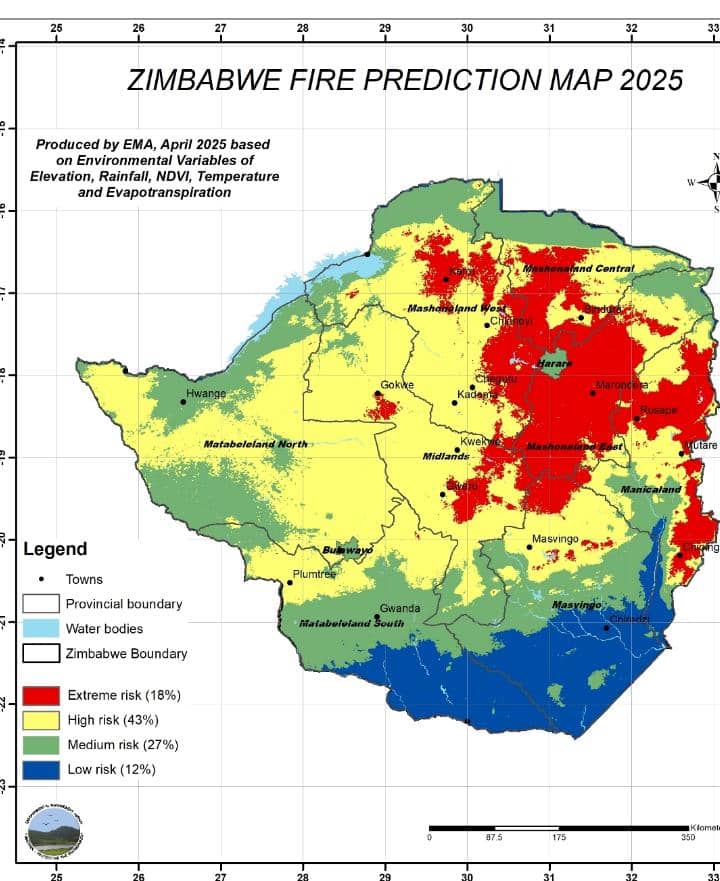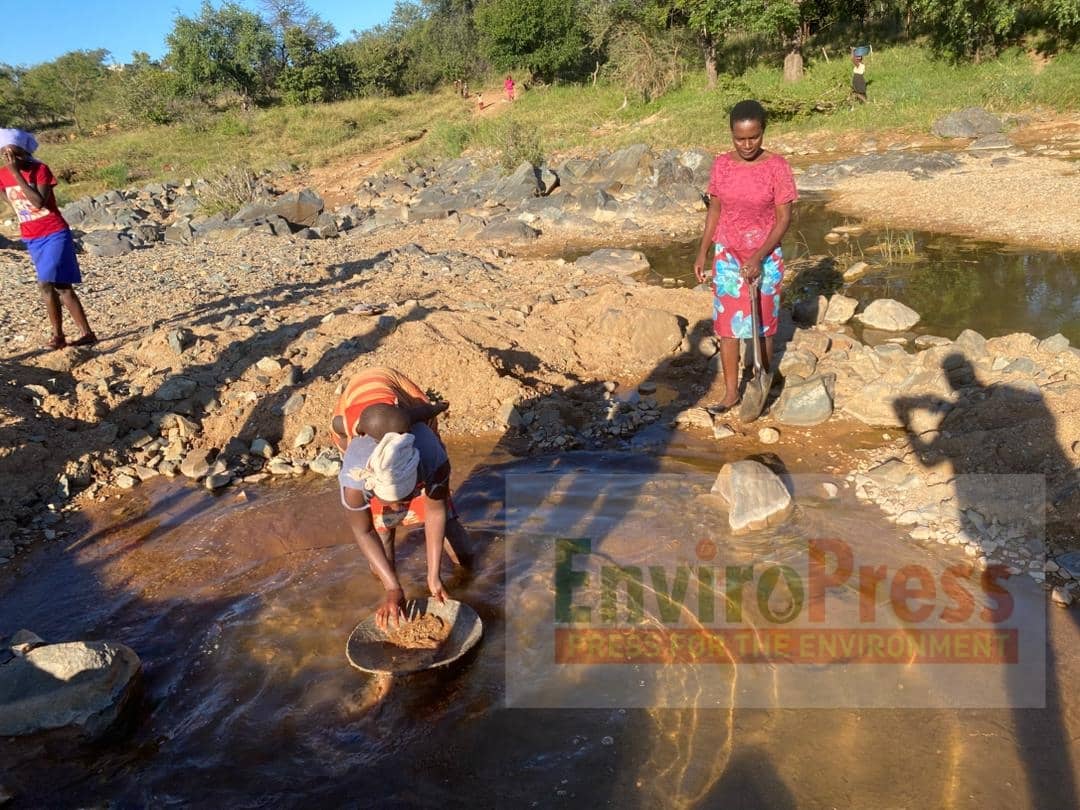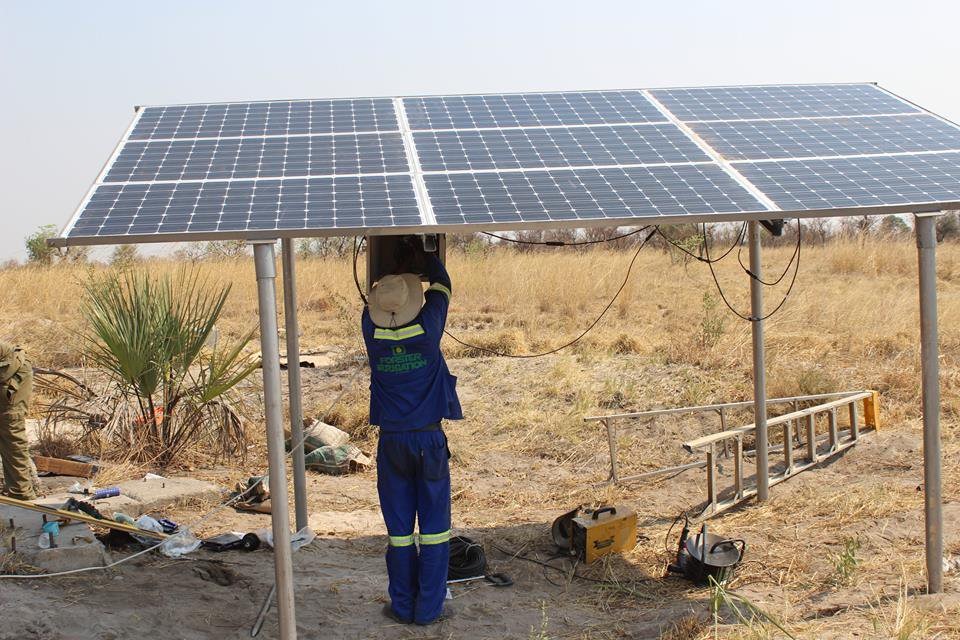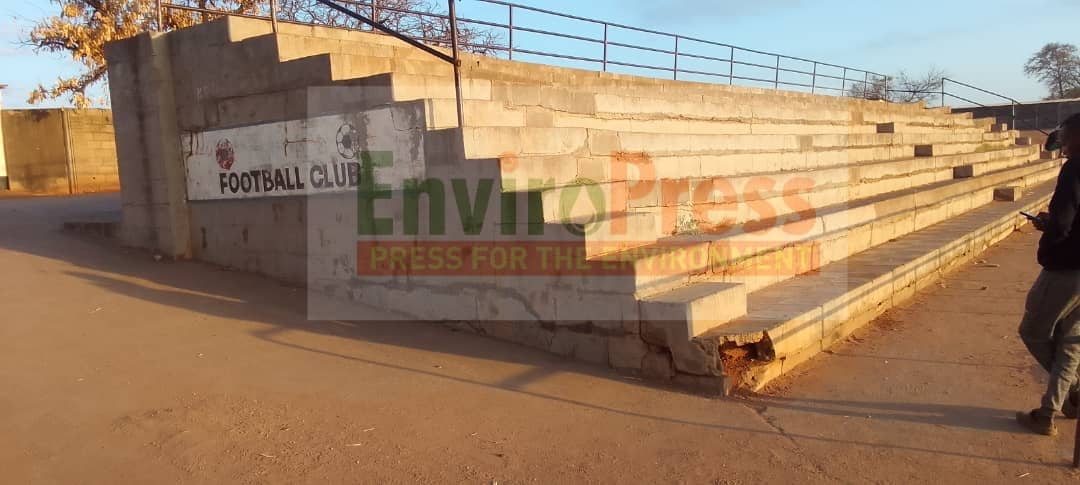EnviroPress Reporter
With climate change severely undermining the viability of rain-fed agriculture in many parts of Zimbabwe, the country’s underdeveloped irrigation systems is one of the many obstacles militating against the quest for national food security.
The country has set an ambitious target to rehabilitate 450 irrigation schemes covering over 26 000 hectares by year 2025.
Currently, Zimbabwe irrigates 185 000 hectares and has set a target to increase irrigable land to 350 000 hectares by 2025.
The majority of farmers rely on rains to grow their crops, and many small community-owned irrigation schemes are rundown due to several years of neglect.
Speaking during a tour of the Fuve-Panganai Irrigation scheme recently, the Minister of Land, Agriculture and Rural Resettlement, Dr Anxious Masuka expressed displeasure at the state of irrigation schemes in the country.
“We are not making any progress if we keep channelling resources to the same areas when we should be moving to other places.
“We want productive and sustainable irrigation schemes which are able to maintain themselves so that government will focus on developing other schemes in other dry parts of the country,” said Masuka.
He said a lot of resources were being put in place to rehabilitate the majority of irrigation schemes in the country when in fact more should be setup to cushion communities from the effects of climate change.
There have been calls by communities in Chivi and Mwenezi to develop irrigation schemes as they receive little to no rainfall in the majority of their rain seasons.
The Tugwi-Mukosi Dam, Zimbabwe’s biggest inland water body which was commissioned in 2017, still remains idle despite being ear marked to have the potential to irrigate over 100 000 hectares in Chivi, Mwenezi and Chiredzi districts.
Under the Smallholder Irrigation Revitalisation Programme (SIRP), the government partnered with the International Fund for Agriculture Development (IFAD) to revitalise 6 100 hectares in 73 irrigation schemes in Masvingo, Manicaland, Midlands and Matebeleland South provinces.
“By the end of the programme, farmers will have improved productivity, climate smart agricultural practices, and enhanced access to markets. “In addition, nutrition, gender and natural resource management are cross cutting thematic areas the programme is also focusing on to ensure sustainability,” said Masuka.
Meanwhile, residents of Chivi have called for the construction of small weirs in every ward of the district in order to impound more rainwater for domestic and agricultural use.
Many boreholes in the district are drying up quicker than before as water tables continue to recede.
This project was made possible through a partnership with the Southern Africa Trust. The views expressed herein do not necessarily represent that of the Trust or its associates. www.southernafricatrust.org

